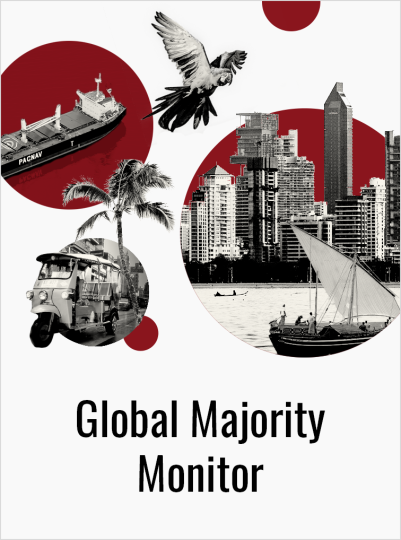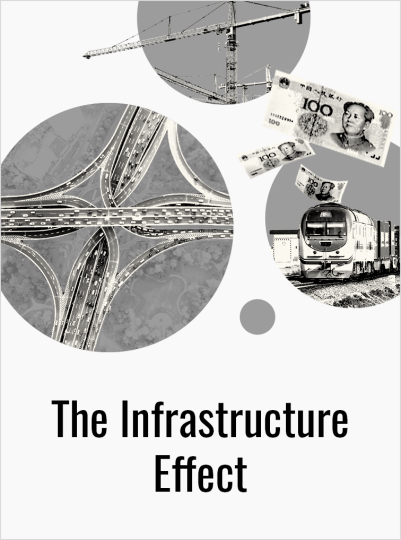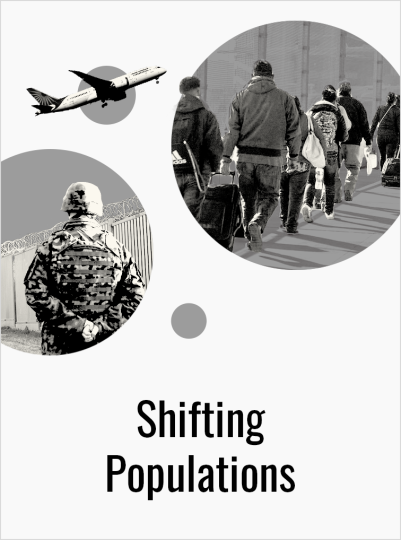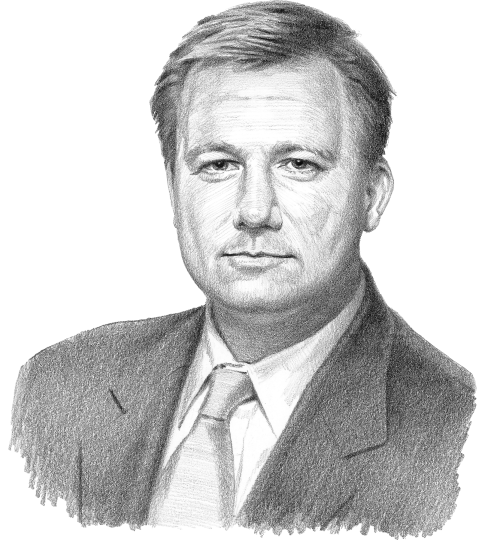Providing a basis for decisions
The election of Jose Antonio Kast and what comes next for Chile
Chile’s institutional checks and balances will constrain how far Mr. Kast can advance his agenda, but voters will expect tangible change.
is an associate professor of Political Science.
Central Asia finds strength in integration
is an expert on anti-corruption issues and Caucasus affairs.
Terrorism and political unrest undermine stability in South Asia
previously served as Pakistan’s ambassador to the United States.
Shadow fleet keeps Russia’s oil exports beyond Western reach
is the founder and CEO of Crystol Energy.
Featured Topics
Long overdue Epic Fury will reshape the Middle East
Operation Epic Fury emerges from four decades of escalating ideological confrontation and Middle Eastern rivalry.
Europe’s nuclear vulnerability
is the founder of GIS.
A transatlantic reset
is the founder of GIS.
The control of geographic chokepoints
is the founder of GIS.
In-depth reports
Global insights
Stay informed with our daily radio podcast, a concise AI-generated audio companion to the latest GIS reports. Each episode presents key takeaways and geopolitical scenarios from our report of the day.

























